
Going to the dentist can be intimidating or scary for many people. The buzzing sounds, the x-ray machines, the big chairs – it can all be a little overwhelming. If you know what you’re in for, though, your experience will be much easier to handle.
People have to visit their dentists for all sorts of reasons, but there are a few common dental treatments that we provide that everyone should know. Here are 10 of the most common dental treatments, all of which we offer at Premier Dental in Lee’s Summit.
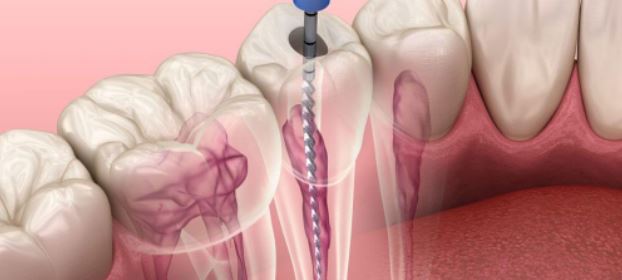
If you’re needing a root canal, there’s no reason to worry and every reason to move forward with your treatment. Root canals are a dental procedure that eliminate bacteria from infected tooth roots and prevent reinfection because the infected pulp is removed and the surrounding area is carefully cleaned, filled, and then sealed. Every year, millions of people undergo a root canal solution to treat diseased or damaged teeth. A root canal will relieve any oral pain you’ve been experiencing and can make your teeth healthy once again.

When damage or trauma effects your smile, Dr. Caye offers multiple options to restore your tooth’s natural appearance and function. Not only is the function of your teeth our top priority, but so is the aesthetic look and feel of your teeth. So, what do you do when you break or lose a tooth? Give us a call right away and we’ll quickly fix and restore your smile with our restorative dental methods, such as:
We also offer emergency tooth repair! When you are in need of urgent dental care, you can count on Dr. Caye and his team at Premier Dental to deliver the high-quality treatment you need right away. Urgent root canals and other dental emergencies require timely care in order to alleviate pain and address problematic damage or infection.
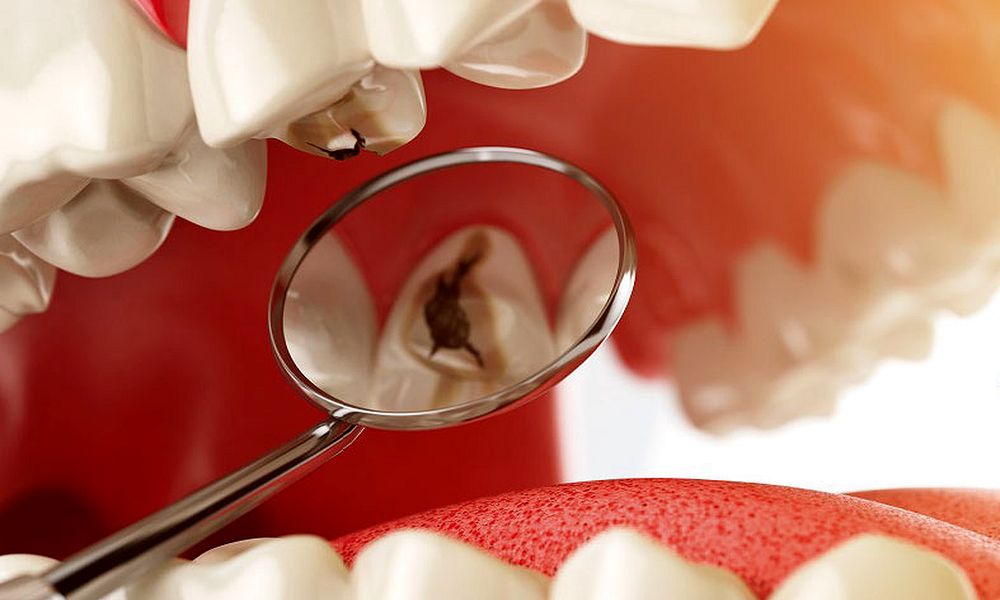
Dental cavities, also known as tooth decay, breaks down your tooth’s enamel (the hard outer layer of a tooth) and can vary in severity and stages of decay. Let’s take a look at the various tooth decay treatments and how we can help at Premier Dental.
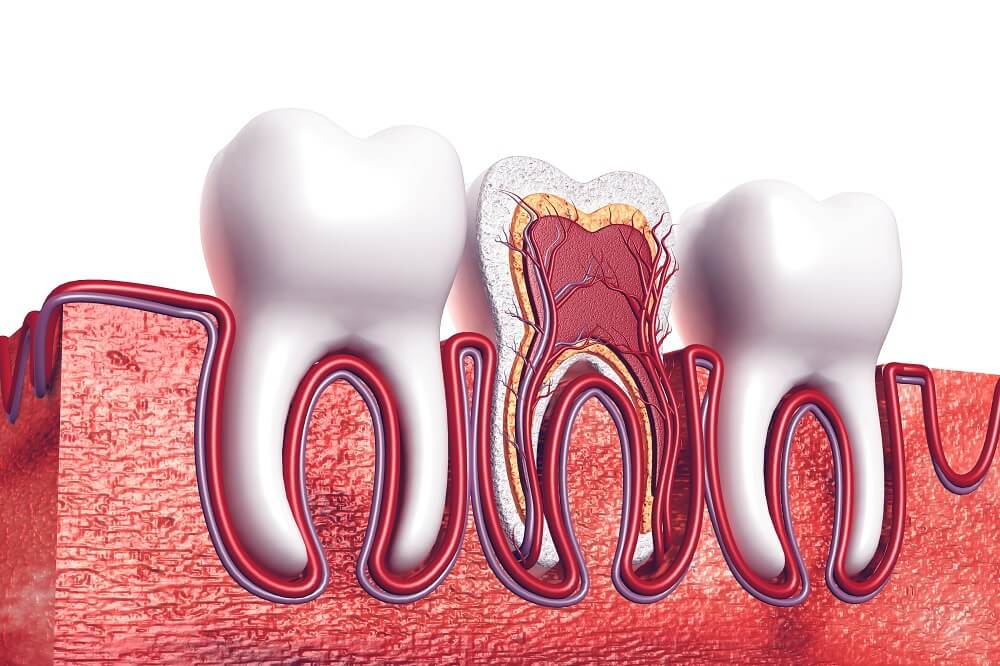
Why is root canal complete with crown? When the pulp inside a tooth becomes infected, a root canal is often the best treatment for fixing the problem and alleviating your pain. Root canals can save your teeth from further decay and dental issues. However, when a root canal is performed, the affected tooth becomes weaker.
A root canal is performed when there is an infection within the tooth. Your dentist will gain access to the center of the tooth to remove the infection, therefore stopping the infection altogether. When an infection reaches the inside, or pulp, of the tooth, it is called pulpitis.
Before a root canal, your tooth can be in severe pain, but the procedure will help remove the pain completely.
What is a root canal and what happens during treatment? Learn more HERE.

Do you have a toothache, but are a little unsettled at the thought of needing root canal therapy? We can get your questions answered and put you at ease. These are some of the questions we’ve gotten from our patients: What is a root canal? Can I avoid getting a root canal? What are the symptoms? And … will it hurt? (more…)
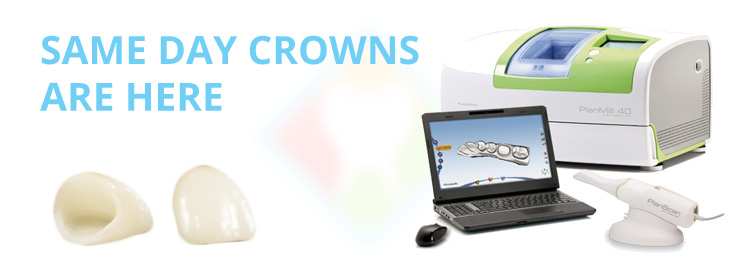
Sometimes, the dreaded things happen. You’re eating your favorite, crunchy dish at dinner and you hear and uncomfortable crunch in the back of your mouth. You know what just happened. Your old, traditional crown just broke. You dread the time you must spend going back and forth to the dentist’s office to get a temporary crown and then your real, replacement crown from the lab. Thankfully, with technology advancements in dentistry, knowing that you must get a crown doesn’t have to be so time consuming anymore! With Same day crowns, you can get a new crown in just one visit to the dentist.
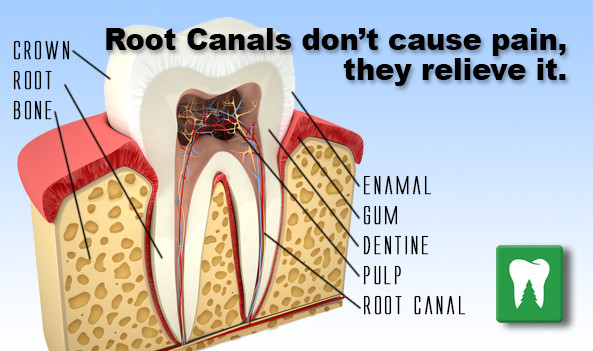
Root canals happen often. Chances are, you’ll experience a root canal or two in your lifetime. Thankfully, according to WebMD, root canal procedures have over a 95% success rate. This means that you can breathe a sigh of relief if your dentist brings up the often-dreaded words, “root canal.” In all actuality, root canals are meant to help you avoid pain, and put a stop to any oral pain you’re experiencing. So, typically you should not experience pain after root canal procedure.